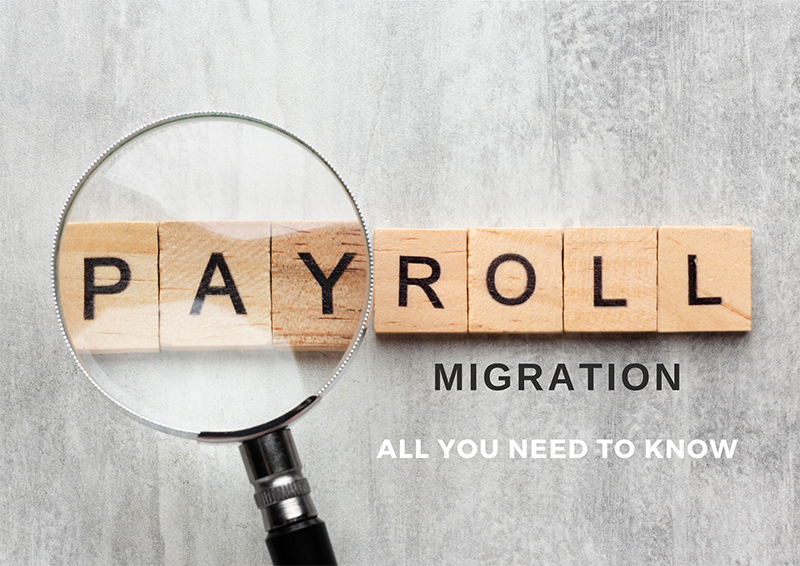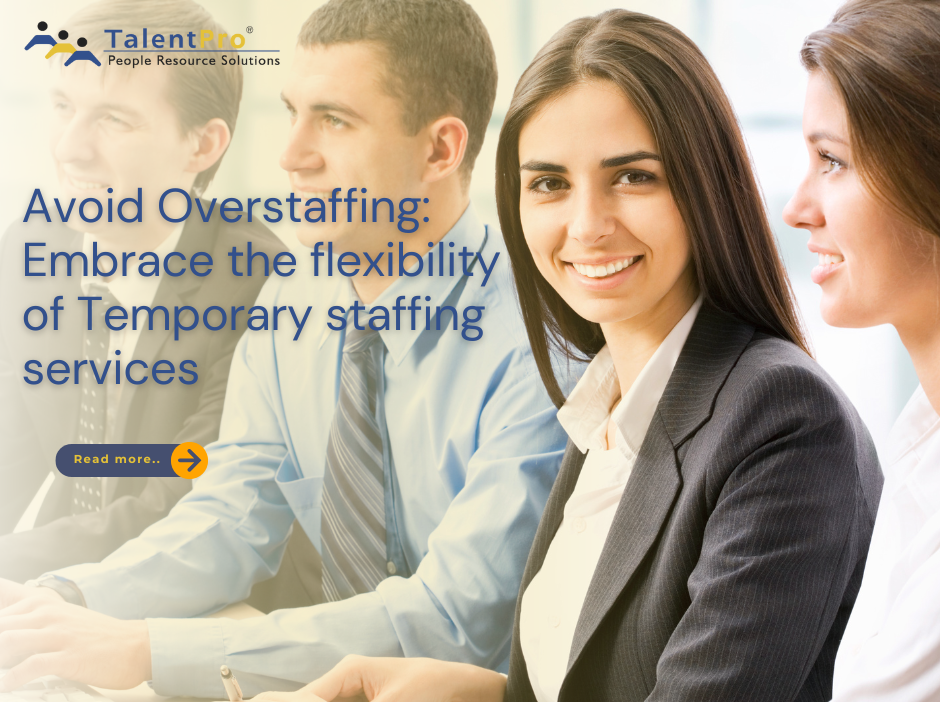[vc_row][vc_column][vc_column_text]The word payroll has come to mean more than just the list of employees in an organization and the payment of their employees. Today, the word is associated with many tasks, including the calculation, recording, and eventual automation of employee salaries, bonuses, incentives, benefits, taxation, and attendance processing. This also includes employees who might be both full-time and employees who may be part of contract staffing arrangements.
Statistics by the IMARC group expected the global payroll outsourcing market to grow at a steady rate of 6% between 2021 and 2026, keeping in mind the impact of the pandemic and other factors. Outsourcing payroll services is now a regular feature, given the increased need for effectiveness in competitive marketplaces and sectors. This frees up resources for organizations to improve their overall effectiveness and the quality of their services and products. According to a PwC report, companies that handle payroll-related tasks spend 18% more compared to organizations that outsource them, implying that outsourcing may be the way ahead.
However, there may be instances when organizations have to make difficult choices, when relationships with payroll partners may not be as productive and even inconvenient at times. At times like those, it might be beneficial to migrate payroll services. Here are some factors to consider and aspects necessary to change payroll services.
(Read more: Payroll Migration – A Step-by-Step Guide)
- Accessibility: Accessibility to key payroll services is essential in determining future relationships with a client organization. The cost of operational failure of software in the US, according to a report by the Standish group, estimated a loss of 1.56 trillion USD due to software failure. Therefore, organizations should look to switch over to more quality, user-friendly ones.
- Compliance: Compliance and legal aspects are another key reason organization must consider while switching over to new payroll providers. For instance, organizations that operate remotely may choose to work remotely. Therefore, all related tasks, including employment and payroll processing, will have to be handled by a staffing agency and payroll services within that area, including handling all compliance-related tasks ranging from statutory to labour law and regulatory compliance.
- Time and Cost: A key factor determining organizations switching payroll vendors is time and cost to the company. Given that the global marketplace is far more competitive and businesses are struggling to survive in the wake of the pandemic disrupting the nature of work, switching over to a payroll outsourcing company can ensure that organizations pay less and spend less time on payroll-related tasks. Organizations have also switched to outsourcing other tasks such as staffing solutions to save on both time and cost.
- Relationship and Reputation: Given that organizations have a number of options to pick from regarding payroll vendors, they are usually spoilt for choice. Organizations must ensure that their payroll vendors are reputed as well as foster a good relationship with them. Given that the reputation of a payroll vendor and a client are symbiotic, organizations can look at this aspect as a strategic investment for their overall growth.
[/vc_column_text][/vc_column][/vc_row]









